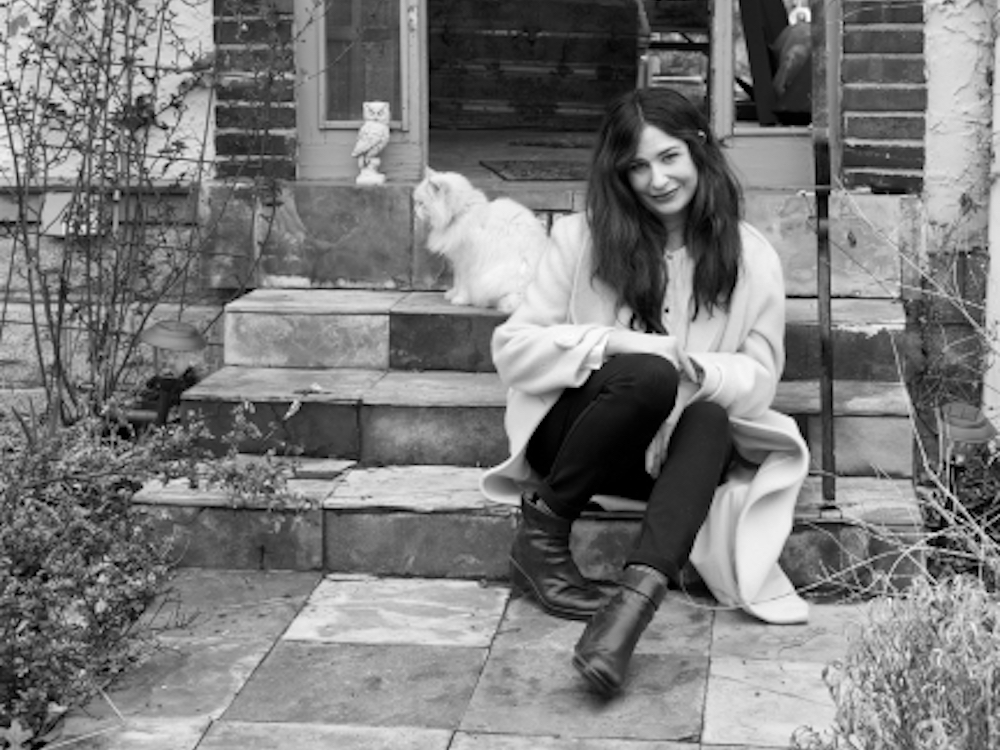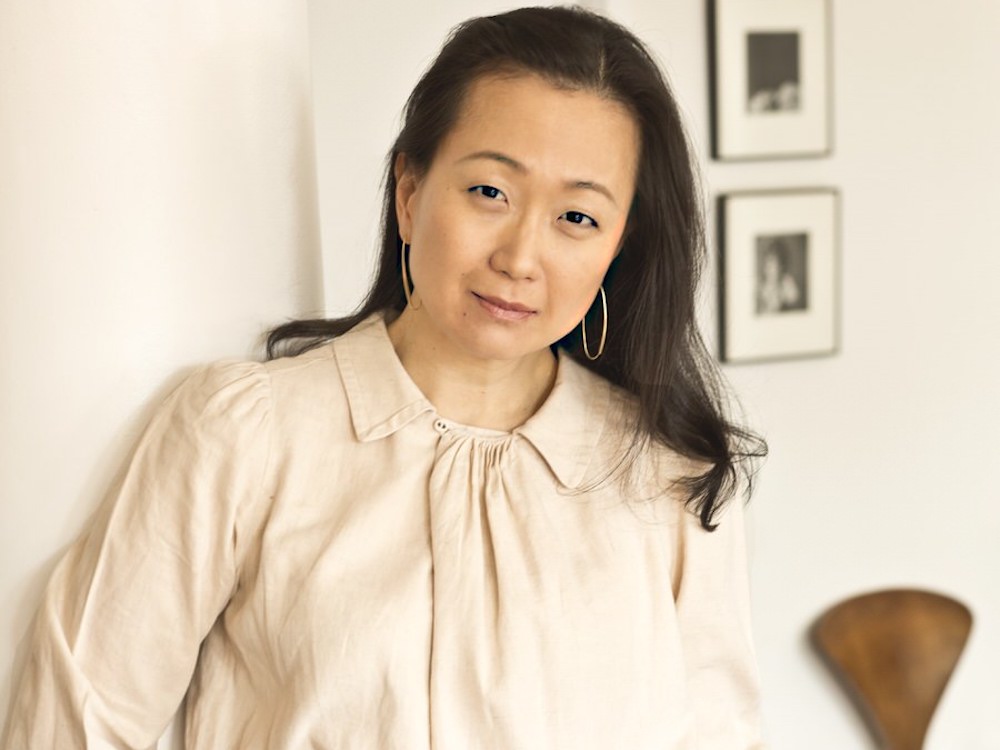Earlier this month, I visited family on Cliff Island, off the coast of Portland, Maine. It’s a lovely place, with pebbled beaches and raspberry bushes. And it’s small. Very, very small. The whole island is about two miles from end to end; the total population, according to the most recent U.S. census, is sixty-one. There are no cars or restaurants or hotels. People get around on foot or bike, or with the occasional golf cart. But what Cliff Island does have is a library—and a great one. Run out of an old house and open for only a few hours a day, the Cliff Island Library contains a large and eclectic selection of books, many of which have been collected over the years by the island’s residents or else donated by tourists passing through. On my aunt’s recommendation, I picked up Love and Other Ways of Dying, a delightfully strange and sensitive essay collection by the journalist Michael Paterniti. Paterniti’s writing defies traditional categorization. Is it journalism? Is it poetry? At times it reads like both. At times it reads like something else entirely. In “The Man Who Sailed His House,” for instance, Paterniti embodies the voice of Hiromitsu Shinkawa, a Japanese man who was stranded on a piece of flotsam for three days following the 2011 tsunami. This is a so-called true story, but the empathetic imagination Paterniti brings to bear on it is all his own, drawing upon nearly unbelievable levels of detail—like the purple fleece the man wore, and the notes he scrawled in desperation on various pieces of garbage with a marker he fished from the sea—to conjure the fear and hope and loneliness of the situation. Near the close of the story, just before the man is saved, even the prose itself seems to reflect his condition, becoming somewhat ecstatic and dreamlike, as though Paterniti were right beside him on that plank of wood, lost in a hunger-induced hallucination. In the end, the reader is grateful for these liberties. They leave us with a feeling of expansiveness—a sense that, within the world of the book, anything is possible. —Cornelia Channing
Clairo’s debut full-length album, Immunity, is the soundtrack of my summer. Here she goes beyond her early “bedroom pop” into something bigger and more interesting while still upholding the sincerity and simplicity of songs like “Flamin Hot Cheetos” (the refrain a simple “I’m feeling something right” on loop.) On Immunity, Clairo manages to display a range of styles—indie rock, grunge, synth pop—with heightened emotional specificity and a restrained voice that I can’t stop listening to. The album opens with “Alewife,” a surprisingly honest song in which she sings earnestly about something serious: “You know you saved me from doin’ / something to myself that night … I didn’t mean to scare you / just had thoughts in my mind.” This dark scene is paired with a frank quiet, hiding a meaning that doesn’t reveal itself in a single listen. And in “Closer to You,” there’s a newfound anger amid the vulnerability: “I don’t wanna hear it now I’m fed up / Wish I could say it was enough / to make me walk away.” In the seven-minute final track, “I Wouldn’t Ask You,” Clairo gets at the strangeness of where she is right now, caught between adolescence and adulthood. She layers a haunting chorus of children’s voices over her own as she says: “I wouldn’t ask you to take care of me.” —Camille Jacobson
There’s a line in Anne Boyer’s 2015 poetry collection Garments against Women that has stuck with me ever since I read it: “I am not writing a memoir because memoirs are for property owners.” It’s a line that encapsulates everything I find interesting about Boyer’s work, with its bracing combination of leftist politics and a refusal to obey the staid rules that seem to inform so much of what we call literature. In her latest book, The Undying: Pain, Vulnerability, Mortality, Medicine, Art, Time, Dreams, Data, Exhaustion, Cancer, and Care, Boyer turns her eye to America’s health care system, her treatment for and recovery from breast cancer, and the relationship between money and art. Alternating between fury and elegy, by the end, it’s an effective portrait of what capitalism does to the body. —Rhian Sasseen
For the past decade, I’d tell anyone who asked (nobody really asked, but I would tell myself that I’d tell them if they did) that Wye Oak was one of my favorite working bands. The Maryland indie-rock duo has evolved over several albums from melancholy and somewhat aggressive guitar music to almost celebratory synth pop. That evolution is, in part, explained by Release the Dogs, the first solo album from Andy Stack, Wye Oak’s drummer and keyboardist (on stage, he plays both at the same time!), who records as Joyero. This lovely, gently aching record is all synths and sneaky guitars and smooth textures and melodies that enfold and get buried under one another. Release the Dogs is the kind of record that takes a few listens before you can hear it, and then it’s all you want to hear. Then it’s music to drive to as much as it’s music to stay at home and feel lonesome to; you’ll feel lonesome but not alone. —Craig Morgan Teicher
Sometimes my therapist, bless her, mentions phobias I don’t have. “You’re not an agoraphobe,” she offered on Wednesday. But nevertheless, I am skeptical of crowded opinions. Books loved by enormous groups of people unnerve me. I skirted Wolf Hall for ages, and the number of people who told me Pachinko was a good book is equal to the number of times I responded, “Oh, I have to read that,” and didn’t. I needn’t have hesitated. Min Jin Lee began her career as a lawyer, and her interest in research and justice shines through this compelling family narrative. It is sweeping but specific. When my reading lamp putters out—the only way I can close the book at night—words and images last: Sunja’s simplest chima, or the way her mother cuts radishes in perfect cubes. Huge cultural questions also sweep past, not unanswered but unanswerable: How do communities thrive on each other’s exclusion? How can a people flourish when their equity is rejected? This book is so much about the collective, its fragility and its dangers, paper-thin walls and the thickness of blood. —Julia Berick
from The Paris Review https://ift.tt/2ZD01gd



Comments
Post a Comment